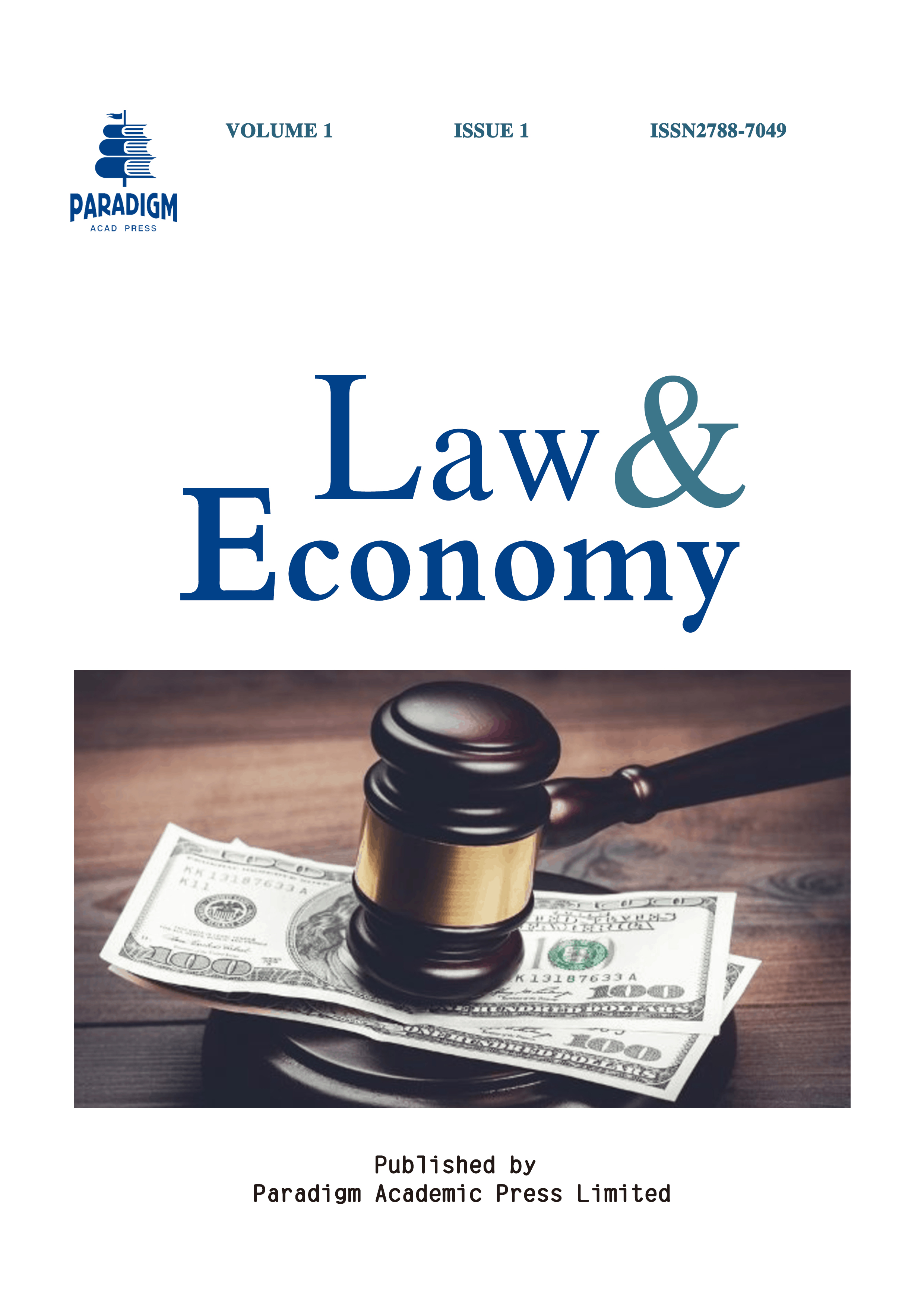A Theoretical Review on Budget Deficit in Nigeria
Keywords:
budget deficit, economic growth, GDPAbstract
The study empirically examined budget deficit in Nigeria. Based on the theoretical review conducted, the following findings were made: As the current account deficit worsens, it results to the depreciation of the domestic currency which may impact the economy negatively due to the inflationary pressures and thus increase interest rates. As a consequence, the cost of borrowing goes up for the government and this exerts pressure on the government budget due to high debt service and thus high deficit levels. These vicious cycles will continue again and again, and the potential spiral effects are creating anxieties in the Nigerian economy. Empirically, there is a tendency for a country’s budget deficits to crowd out its domestic investment in the short run and its stock of capital in the long run. The main problem of this study is to investigate the impact of budget deficit on economic performance in Nigeria in terms of its implications on the real gross domestic product in the short run as well as the long run periods. Budget deficit has a negative and significant effect on economic growth in Nigeria. It was recommended that government should strive to mop the leakages in accrued foreign loans, eliminate room for misappropriation of borrowed funds and hence foster the influence of this resource on the economy so as to achieve better growth especially in the short-run.


